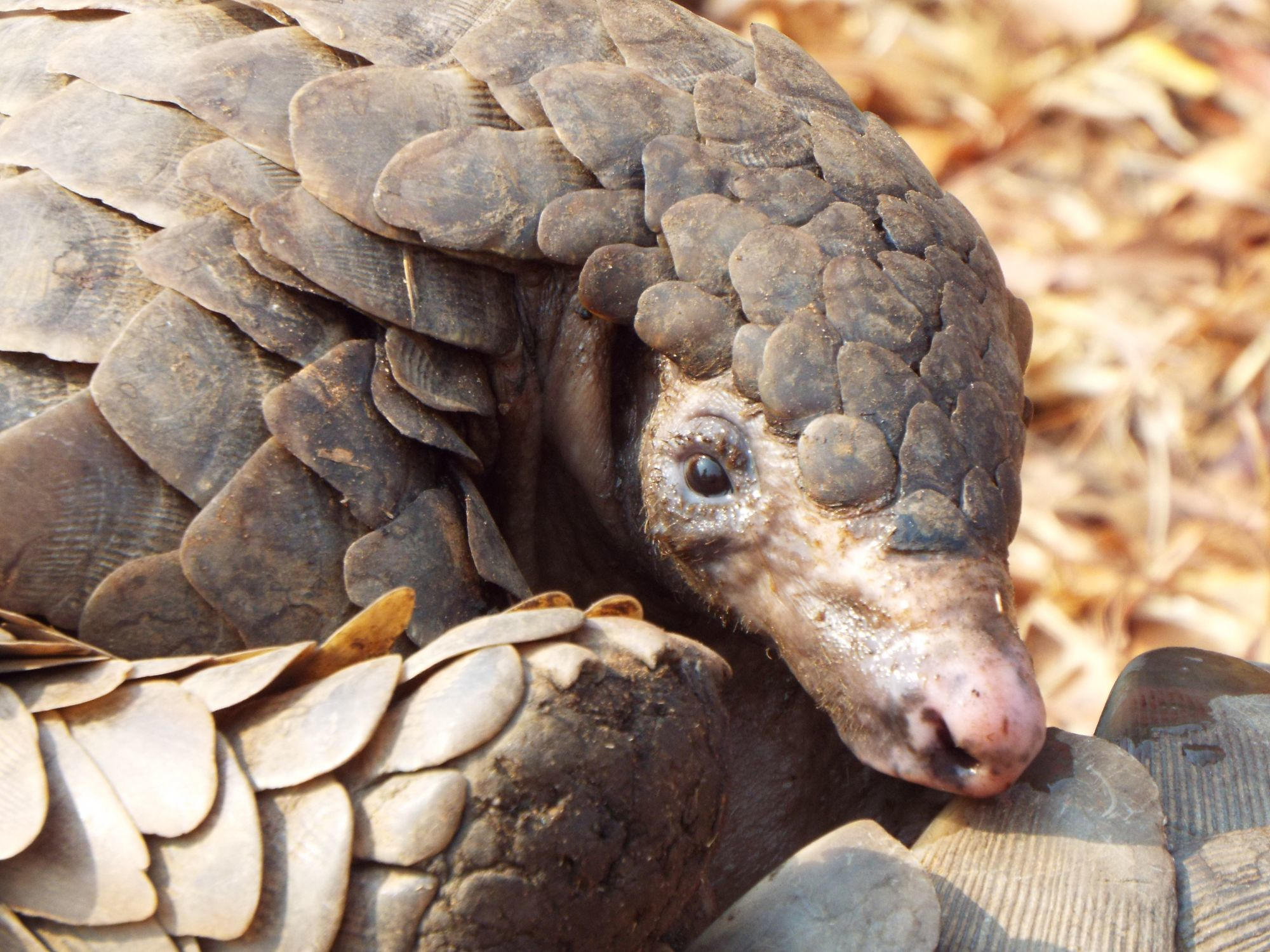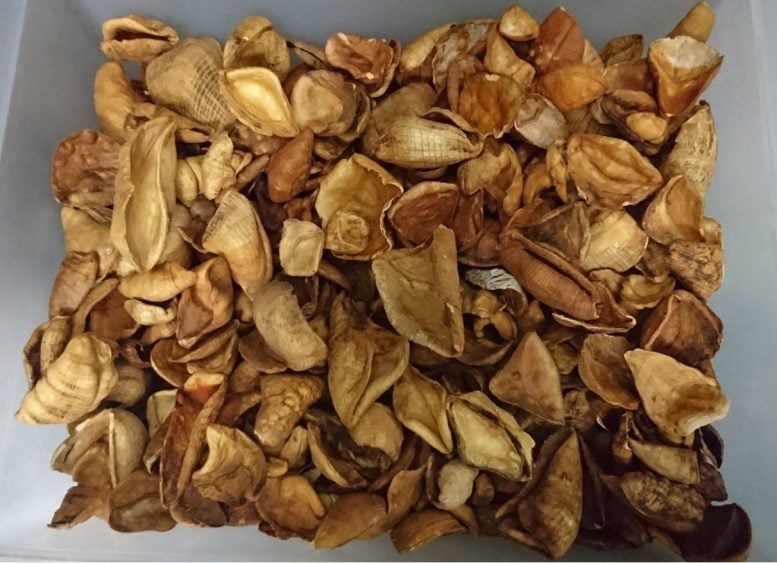
Pangolins are unique mammals known for their large, keratin scales that cover their bodies. They are found in Asia and Africa and are highly valued for their meat and scales, which are used in traditional medicine.
Pangolins, a group of mammals with distinctive scale-covered bodies, are facing a sharp decrease in their populations across Asia and Africa due to rampant illegal trade. The trade of pangolins, both legal and illicit, fuels the market for traditional Chinese medicine, drawing the attention of conservationists. Despite this, the extent of demand for pangolins and other wildlife products in traditional Chinese medicine remains under-researched.
A recent study published in Nature Conservation by Dr. Yifu Wang, a postdoctoral researcher at the University of Hong Kong, delved into the trade of pangolin scales in China. The study was conducted by interviewing personnel from hospitals and pharmaceutical shops in two provinces, Henan and Hainan. From October 2016 to April 2017, Dr. Wang and her team engaged in conversations with 41 hospital doctors and 134 pharmaceutical shop owners and assistants.
The research found pangolin scales and their derivatives were widely available in hospitals and pharmaceutical shops across Henan and Hainan Provinces. The legislation in place, however, has not been able to prevent ongoing illegal trade in pangolin products. Her team found that 46% of surveyed hospitals and 34% of surveyed pharmaceutical shops were selling pangolin-scale products illegally.

Processed pangolin scales. Credit: Yifu Wang
“Existing legal trade allows 711 hospitals to sell pangolin products as medicine with regulations on manufacturer, package, and national annual sale quantity,” explains Dr. Yifu Wang. “However, we show that pangolin scales are under heavy demand and unpermitted sellers are commonly found illegally selling pangolin products.”
“Quantities of products traded by permitted legal sellers are estimated to greatly exceed the supply capacity of legal sources,” she continues.
This widespread illegal trade, coupled with the very limited legal supply capacity compared to market demand, is concerning. The researchers point to the urgent need to reduce the demand for traditional Chinese medicine on pangolin scales and revise the current legal pangolin scale trade system.
“We also highlight the importance of incorporating the traditional Chinese medicine sector into combating illegal wildlife trade and species conservation beyond pangolins,” they conclude.
The researchers plan to continue investigating the pangolin scale market in China to understand the trade after ” data-gt-translate-attributes=”[{[{“attribute”:”data-cmtooltip”, “format”:”html”}]”>Covid-19.
Reference: “The scale of the problem: understanding the demand for medicinal pangolin products in China” by Yifu Wang, Samuel T. Turvey and Nigel Leader-Williams, 3 April 2023, Nature Conservation.
DOI: 10.3897/natureconservation.52.95916










